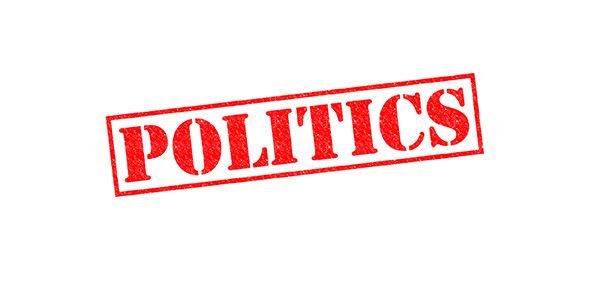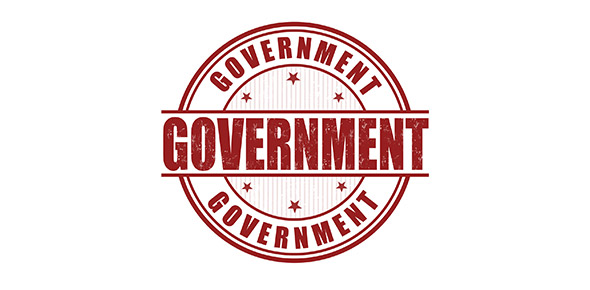Related Flashcards
Related Topics
Cards In This Set
| Front | Back |
|
Radical
|
A political extremist
|
|
Reactionary
|
A person who favors a return to narrow, traditional values. (gov't, religion, economics, morals)
|
|
Sovereign
|
A person who exercises supreme (but not always unlimited) power; to be independent of any other authority; free
|
|
Social contract
|
The theory that says a government can't wield it's authority by force alone, but must have a written consent or agreement such as a constitution of the governed
|
|
Anarchy
|
The absence of a system of government or law
|
|
Government
|
A system of ruling or controlling the affairs of a certain geographical area/group of people
|
|
Economical Beliefts
|
Unions are good L
Government should be activist in economy L fair distribution of wealth L Little welfare-like programs, decrease incentives R Free trade/globalization R Profit motive/incentive R laws in place to regulate/restrict econ powerful to protect consumers/workers from exploitation L |
|
Political
|
Larger sized gov't L
government regulated businesses L Government cap on gas L higher taxes are okay, funding public services L balance between equality and freedom M social contract/constitution L peacekeeping L separation of church/state L |
|
Social
|
Pro choice
equal marriage rights focus is on society over individual well funded, good education help those who cannot help themselves perpetual cycle of poverty if you can't afford to have kids, don't progress=evolution anti-war inclusive, multicultural, evolving society |
|
What is an Ideology?
|
A systemic set of beliefs that provides a fairly thorough picture of the world that a group of people accepts as true
Basic beliefs in a society that influence us. Even though we may not be aware that we posses certain ideologies. They deal with our views on the past, present, future, and define human nature. |
|
Characteristics of an ideology
|
A set of assumptions about human nature or society
an interpretation of the past an explanation of the present a vision of the future a goal to strive to/strategies to achieve it ex: democracy, communism, socialism |
|
Maslow's hierarchy of human needs
|
Self actualization- fufill potential, self fufilment
Aesthetic - beauty, order Knowledge/Understanding- curiosity, explanation Esteem- recognition, respect love and belonging- love, acceptance, feeling of belonging Safety- physical and emotional security Physical needs- food, shelter, water, sleep |
|
How does government help us to become self actualized?
|
Physical- shelters, subsidized housing, social assistance, food banks, noise laws
safety- police officers, firefighters, military, paramedics, doctors love/belonging - same sex marriage, anti discriminatory laws Esteem-funded mandatory education Knowledge/Understanding- education, libraries, museums, study abroad Aesthetic- garbage clean up, freedom to wear what you want Self actualization- once all other levels have been completed |
|
Self actualization
|
The achievement of one's full potential through creativity, independence, spontaneity, and a grasp of the real world.
|
|
Rousseau
|
To follow ones own will is to act freely
men unite in society to improve themselves society is to protect all, yet allow man to remain as free as before social contract, under direction of the general will the general will is always right, for the best interest of the entire group, for the universal good gov't only deserves to be obeyed if actions follow the general will or common good close to society not simply through force alone socialist |





